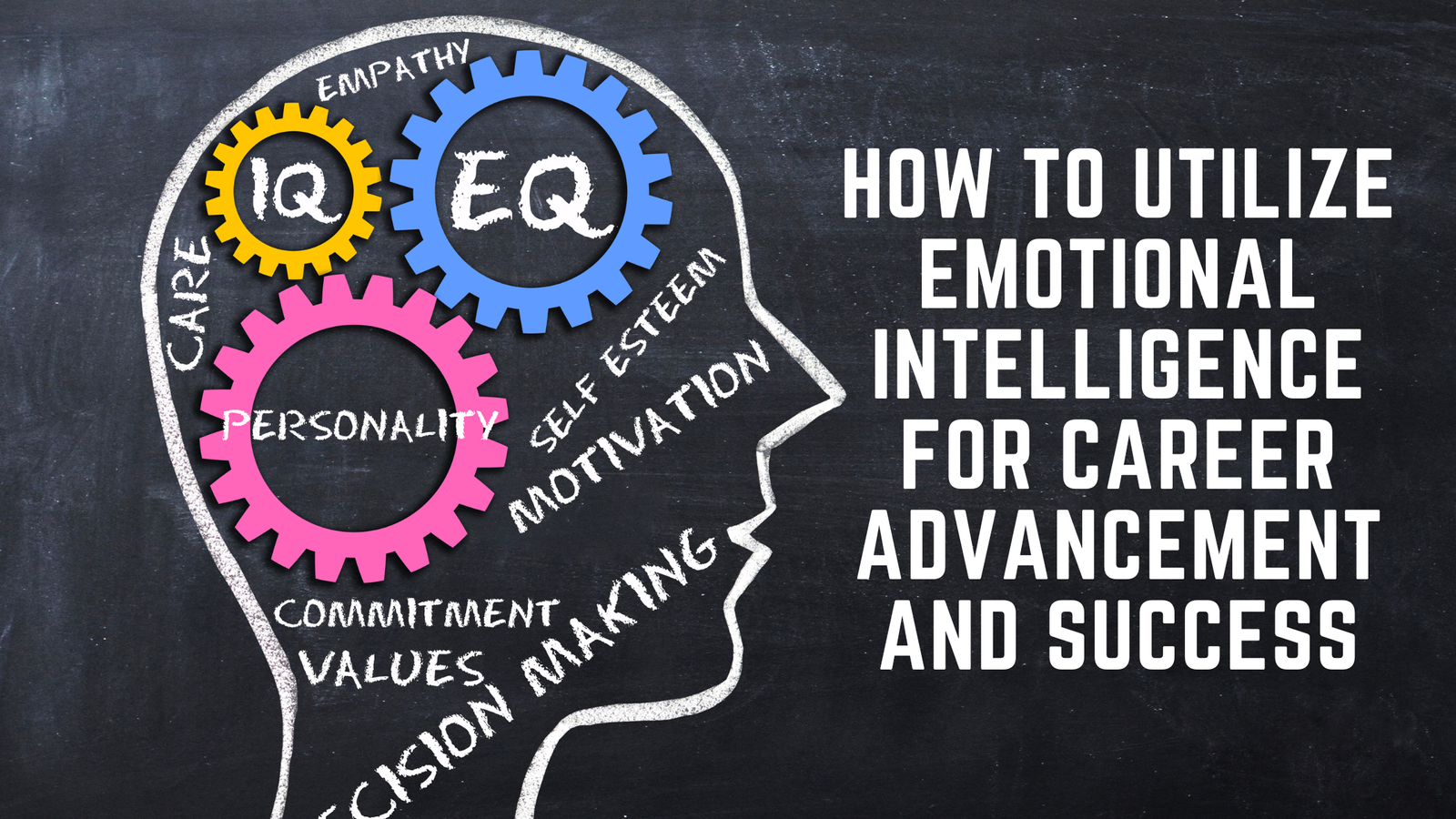In today’s fiercely competitive job market, where technical skills often take the spotlight, there lies a silent navigator behind numerous success stories: Emotional Intelligence (EI). But how exactly does this silent navigator guide individuals towards career advancement? Let’s uncover the indispensable role of Emotional Intelligence in climbing the professional ladder.
Introduction
Imagine the workplace as a complex labyrinth. Each turn represents the myriad of challenges and interactions professionals face daily. In this context, possessing a high IQ or technical skills might help you understand the map. But, it’s your emotional intelligence that teaches you the art of navigation. This article will delve deep into how emotional intelligence acts as a compass for career advancement. And how it helps turn obstacles into stepping stones towards success.
The Core Pillars of Emotional Intelligence in Professional Growth
Emotional intelligence essentially revolves around understanding. It includes the use and management of emotions in positive ways. It’s about self-awareness, self-regulation, motivation, empathy, and social skills. But how do these elements translate into real-world career benefits? Let’s break it down.
Self-Awareness: The Foundation
- Understanding Yourself: It begins with recognizing your own emotions. How they affect your thoughts and behavior. This introspection allows for better decision-making and stress management.
- Ask for Feedback: Cultivating a culture of feedback can provide insights into your strengths and areas for improvement. It helps in guiding your personal development plan.
Self-Regulation: Mastering Your Emotions
- Staying in Control: Professionals who manage their emotions effectively can face stressful situations without becoming overwhelmed. Thereby enhancing their reputation as reliable and composed leaders.
- Adapting to Change: Flexibility and adaptability are key markers of Emotional Intelligence. It enables individuals to navigate workplace changes or challenges gracefully.
Motivation: The Internal Drive
- Goal Setting: High emotional intelligence is linked to strong internal motivation. It pushes individuals to set and achieve challenging goals.
- Resilience: Emotional Intelligence fosters a positive outlook, making it easier to recover from setbacks and keep moving forward.
Empathy: Understanding Others
- Building Relationships: Empathy promotes stronger working relationships. Therefore, it instills a sense of trust and understanding among colleagues.
- Effective Leadership: Leaders who exhibit empathy are better able to inspire, motivate, and garner respect from their teams.
Social Skills: Navigating the Social Labyrinth
- Communication: helps in articulating thoughts clearly and listening attentively. Thus, it results in enhanced team collaboration and conflict resolution.
- Networking: Emotional intelligence is crucial for building and maintaining professional relationships. Furthermore, it could open doors to new opportunities.
Integrating Emotional Intelligence into Your Career Strategy
Transforming the abstract concept of Emotional Intelligence into actionable strategies can accelerate your career progression. Here’s how:
Harnessing Self-Awareness for Personal Development
- Reflection Routine: Allocate time for daily or weekly self-reflection. It allows you to monitor emotional responses and behavior in different situations.
- Mentorship and Coaching: Seeking guidance from mentors or coaches can provide an external perspective on your Emotional Intelligence development journey.
Developing Self-Regulation Techniques
- Stress Management Practices: Incorporate relaxation techniques. Such as mindfulness or meditation, into your daily routine to enhance emotional regulation.
- Response vs. Reaction: Train yourself to take a pause before responding to challenging situations. The act will ensure your emotions don’t cloud your judgment.
Amplifying Motivation Through Goal Setting
- SMART Goals: Implementing Specific, Measurable, Achievable, Relevant, and Time-bound goals. These can help maintain focus and motivation.
- Celebrate Milestones: Recognizing and celebrating small achievements. It helps keep the morale high and sustains motivation.
Cultivating Social Skills for Leadership and Teamwork
- Feedback Culture: Encourage open and constructive feedback within your team. Also, keep promoting continuous improvement and trust.
- Conflict Resolution Skills: Develop and apply effective conflict resolution strategies to maintain a harmonious work environment.
Conclusion
In navigating the intricate maze of professional advancement, emotional intelligence serves as both the compass and the map. Firstly, it helps guide individuals through interpersonal interactions. Secondly, It gives you the courage to fight internal battles. The journey towards enhancing Emotional Intelligence is both personal and perpetual. Therefore, with every step forward elevate your potential for career success. Start by incorporating small, consistent practices. Aim at improving self-awareness, self-regulation, motivation, empathy, and social skills. Remember, the path to career advancement is not just about climbing the ladder. But, also about enriching the journey with meaningful connections and personal growth.
As you continue to progress in your career, let the principles of emotional intelligence illuminate your path. It transforms challenges into opportunities for advancement. Embrace emotional intelligence as a vital tool in your professional toolkit. Take it as doors open to new heights in your career adventure.










